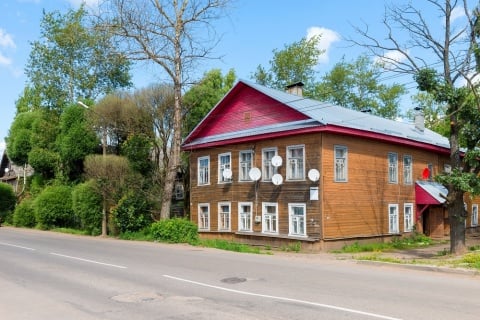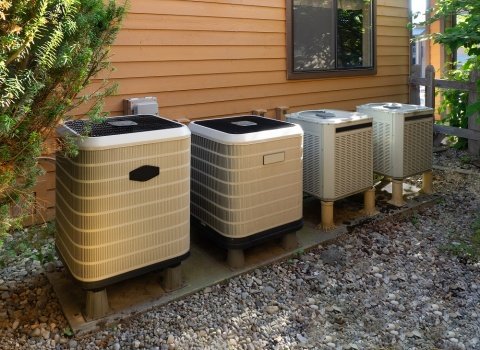Multi-family homes make excellent investments. Whether you already own one or are in the building process, you’ll have many decisions to make, which determine your profitability. Choosing the right HVAC system doesn’t just affect your bottom line, it also affects your tenants. There’s always a balance between your budget and your tenants wants and needs. We’ve put together a buying guide for HVAC systems for multi-family properties. Take a look at the guide and contact a licensed HVAC company in Loganville, GA, when you’re ready for purchase and installation.
What Tenants Want
Tenants want control and you can’t blame them. They want as much control over their comfort as possible, which means a unit with individualized controls for each tenant’s unit. What tenants want and what is best for your overall operating budget may not always agree. Meeting the heating and cooling needs of multiple families is challenging. The challenge isn’t just fiscal. It’s also environmental because you must consider energy efficiency too. Your research combined with assistance from one of the best HVAC companies in Loganville, GA, should help you choose the best system for your needs.

What’s Essential
As part of the selection process, you and your HVAC company will look at several factors. You’ll determine the size of the property. Purchasing an HVAC system that can’t support your sized property is a waste of money. Further, that system won’t be efficient and won’t maximize its lifespan. If you’re replacing an existing system, look at your current operating expenses. You must measure current expenses against projected expenses of a new system. Discuss installation costs and any future maintenance costs. Long-term efficiency is another topic that deserves discussion. Consider peak loads. Owning a system that can handle a variety of peak energy loads ensures that your system will work at highest capacity no matter what type of weather you might have or what your tenants might do to affect service. What happens when a family of four suddenly has another family of four staying with them for a few weeks? Your system must be able to bear the load caused by extra use. Most builders and property owners opt for either a centralized or decentralized HVAC solution.
Decentralized HVAC Systems
Decentralized HVAC systems will make your tenants who want control over their heating and cooling happy. These systems allow offer each tenant their own unit for heating and/or cooling. If you’re paying the energy bills, you may consider this a disadvantage. Not all tenants care about efficiency and will use more energy than others. The advantage for a property owner of installing a system where tenants control use is tenant loyalty and longevity. The benefits are long-term vs. the short-term benefit of saving money on a more economical HVAC system.
Tenant retention is something to consider but don’t forget about maintenance.

Centralized HVAC Systems
Centralized HVAC systems distribute heat and cool air from a central location. This is normally a mechanical room. These systems are an excellent option if your property has more than three floors. The upside is they’re energy efficient. The downside is high installation costs and complicated maintenance and servicing. The reason centralized HVAC systems aren’t great options for multi-family properties is that because they operate from one location, monitoring individual units is difficult.
Choose Easier Maintenance
HVAC systems in multi-family units must have routine maintenance. Even with regular preventative maintenance, you won’t avoid repairs. Choose a system that is relatively easy to maintain. You’ll save money on repairs because your service contractors will be able to get the work done more efficiently. The longer they take on a service call, the higher your bill. Decentralized HVAC systems are easier to maintain and overall are less expensive. If efficiency is your goal, this is the system you should consider first.
Whether you’ve read the guide and are ready to buy, or you still have questions, call Triad Mechanical today for an HVAC consultation.
